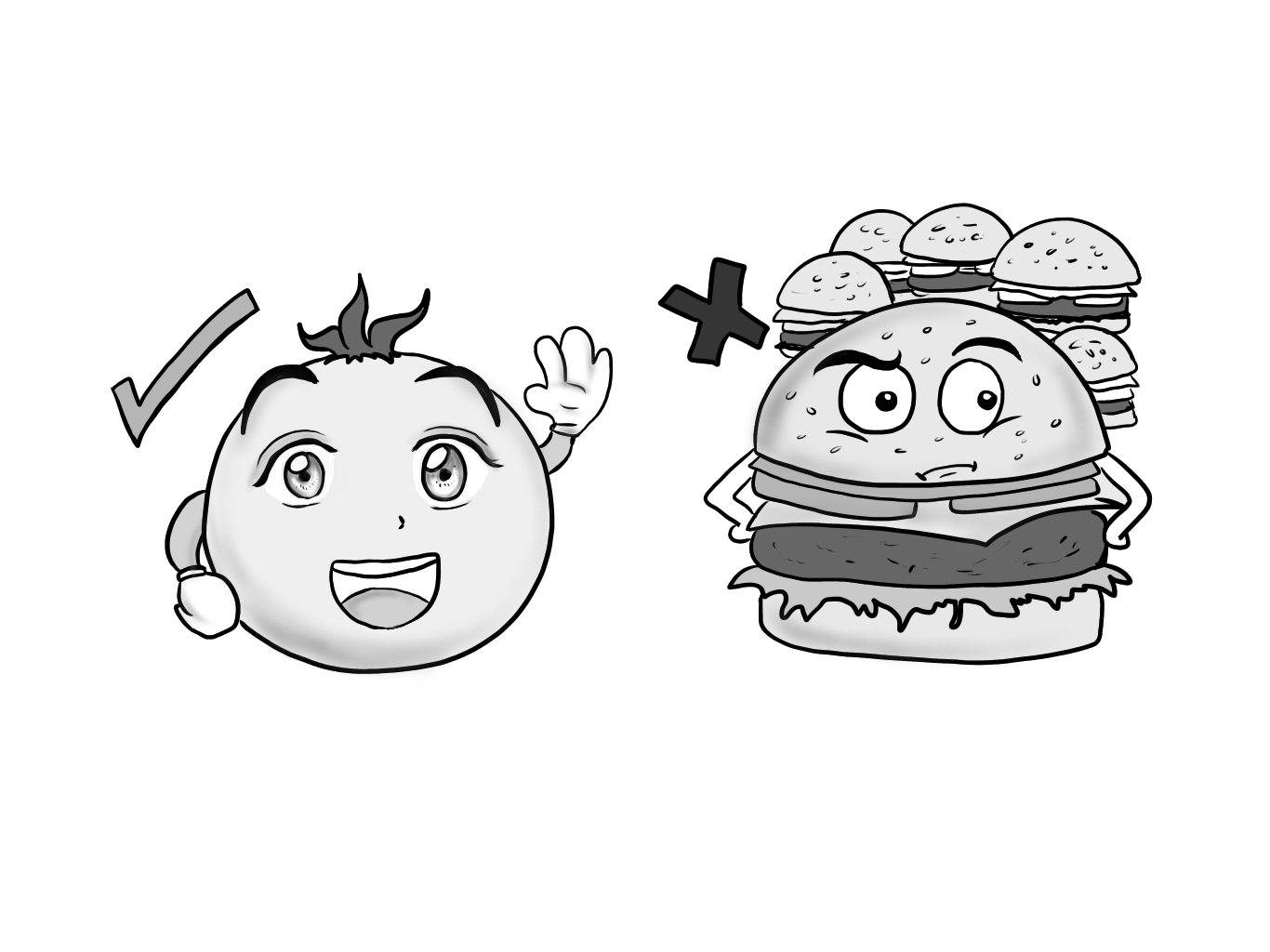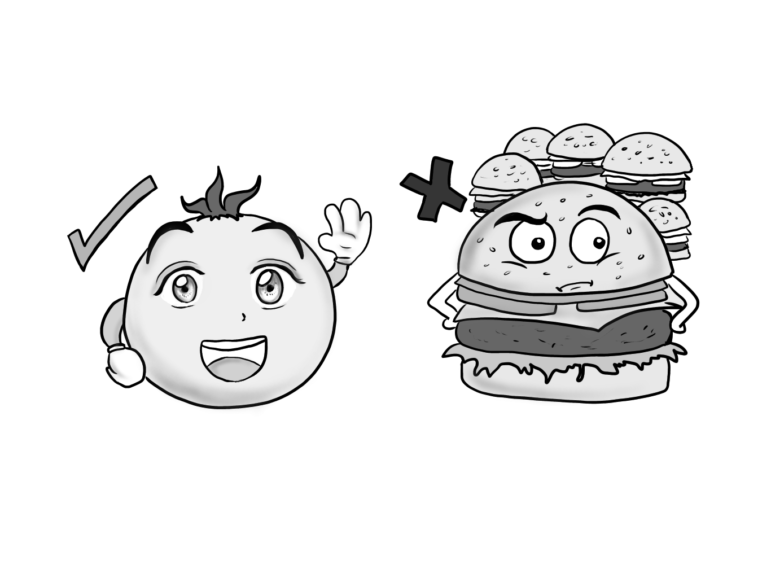
People typically think of tobacco or UV rays when asked about things that cause cancer, but could chemical substances in their foods be a more concerning culprit?

“A carcinogen is anything that damages or mutates our DNA and causes cancer,” said clinical nurse specialist Jennifer Vickerman. “Some chemical carcinogens will cause direct mutations to the gene, while other chemical carcinogens may act more as stimulants to abnormal cell growth or assist in evading the immune system. Some carcinogens are potent and can act both to directly damage the DNA as well as promote the abnormal cells’ growth and survival.”
California passed Proposition 65 in 1986 to make stores selling products that may contain carcinogens, among other chemicals, put up warning signs on the walls or near the products. Many foods, such as red meat, burned or barbecued foods, alcohol and especially processed meats are all foods we consume daily that contain varying amounts of carcinogens.
Dr. John C. Chow, an internist based in San Mateo, shares his view on these warnings.
“The signs are certainly helpful, but only to the extent that it brings awareness to the issue,” Chow said. “It is up to the consumer to educate himself more, and apply his own logic to determine the risk.”
“A carcinogen is anything that damages or mutates our DNA and causes cancer”
It usually takes a long time for a mutation to develop in the necessary genes for cancer to appear, explaining why cancer typically occurs in older people. However, if people do more earlier in their lives, they can postpone and reduce the risk of acquiring a mutated gene.
However, decreasing carcinogen intake is surprisingly easy and straightforward. Following popular healthy diet recommendations is an effective way to avoid carcinogens and lower the risk of cancer.
“Health[y] diet recommendations are surprisingly uniform among recommending groups. For all types of disease prevention the keys are lots of fresh fruits and vegetable[s], eating whole grains and lean proteins, especially plant based proteins such as legumes, nuts etc., but fish, chicken and low or nonfat dairy are also good,” Vickerman said. “Avoiding processed foods is key!”
This is because processed foods contain chemical preservatives. Some of these chemicals turn into harmful substances when broken down by the body and damage certain cells, leading to cancer. Avoiding these chemicals and consuming natural, unprocessed foods will lower the risk of cancer development.
Along with processed products, grilled foods and nuts that carry fungal spores also pose a risk for cancer.
“Meat[s] exposed to high heats undergo a chemical process that creates carcinogens”
“I personally limit [my] intake of fats, grilled foods, especially from wood fire or charcoal, and nuts … It has been [shown that] meat[s] exposed to high heats undergo a chemical process that creates carcinogens. Furthermore, the burned wood itself releases large amount of carcinogen that ends up on the grilled food. BBQ grilled food, though tasty, is a triple whammy source of carcinogen,” Chow said. “Nuts often carry fungal spores that produce aflatoxins that are linked to liver cancer and possibly other GI cancers. This is especially true in nuts that are spoiled or uncooked. The large companies that produce and package nuts test the products for aflatoxins, [but] if you buy fresh nuts from the farmers market, you have to make sure they are of high quality and without decay.”
Although these products do have harmful side effects, they usually only affect people when they are consumed in large quantities.
“[Eat] everything in moderation. Our body can tolerate small amount[s] of toxins, so no need to be fearful of everything, but diversify your risk; eat a variety of things so you are not exposed to high levels of one thing,” Chow said. “[For example, it’s] good for us to get a little sun often, but high exposure can [damage] the DNA in your skin, and the reparation of the DNA can result in a deadly mutation that increases the risk of skin cancer.”
Many people indulge in red meat or alcohol, which is perfectly fine in moderation.
“The U.S. food supply is remarkably safe, and there is minimal health risk posed by putative carcinogens in food at the quantities the food is consumed,” said Dr. David A. Shaywitz, a specialist in medicine and endocrinology. “Folks interested in safety would do much better to focus their attention on avoiding activities that actually do represent significant and easily avoidable risks, such as the use of tobacco products, driving under the influence and not using a seat belt. The bottom line is that there’s a more general tendency to focus on the things that viscerally scare us, rather than the things that statistically represent the most important threats.”
Regardless of what danger lurks around the corner, awareness and prevention play a key role in ensuring one’s health and safety. Every small bit of information helps when avoiding the development of cancer, as everything adds up.



